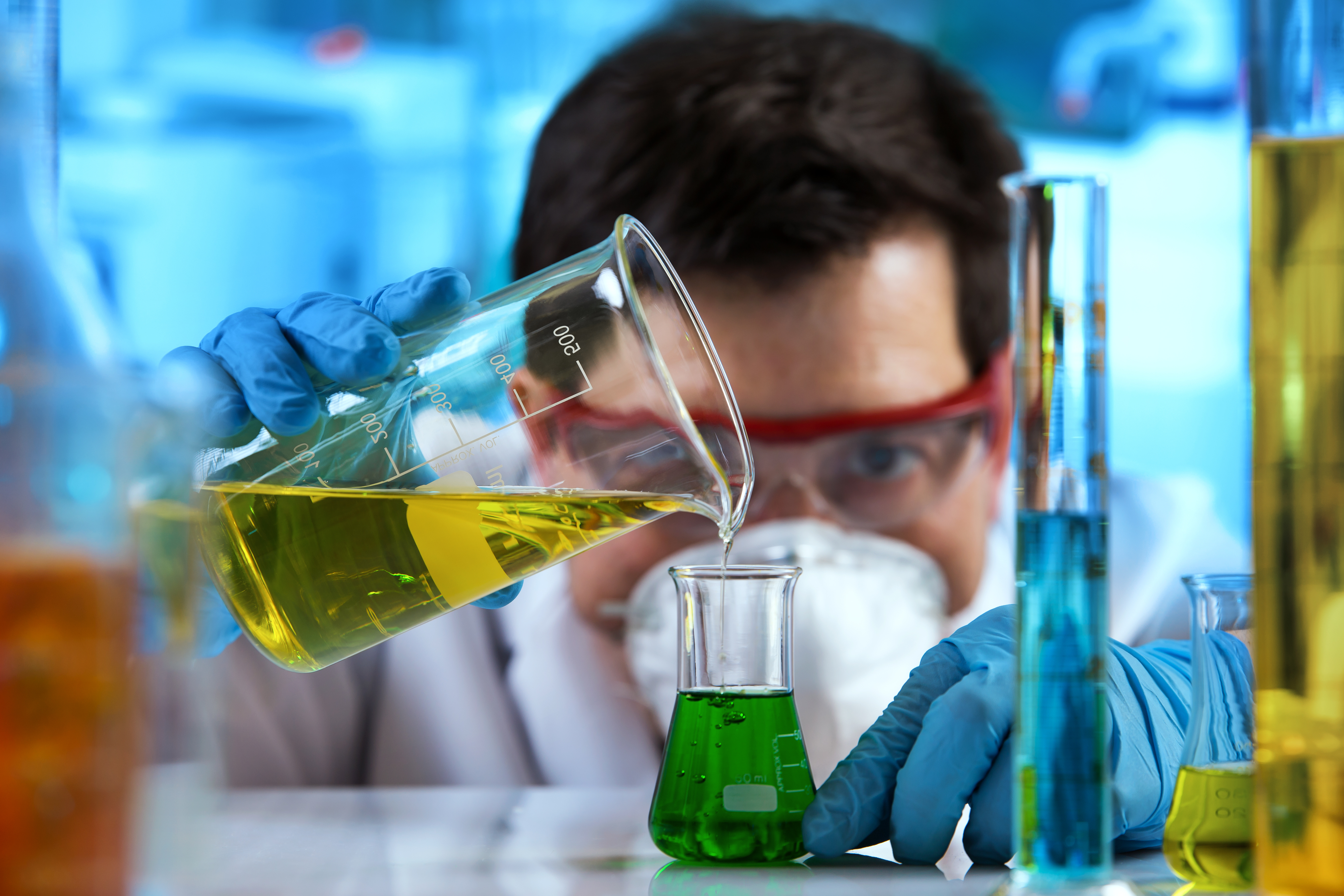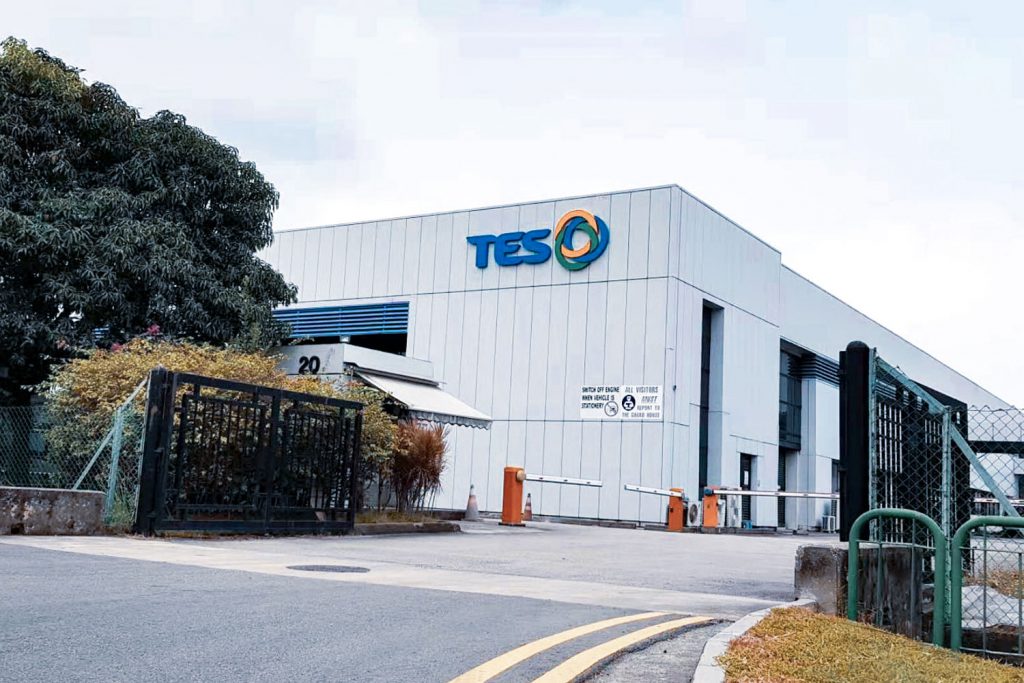Research and Development is a strategic function at SK Tes, as we look to meet the demands of tomorrow, today.
Taking an active role in research and development initiatives helps us to evolve our portfolio of services to proactively meet new challenges, in a way that embraces the opportunities presented by the Circular Economy, especially within the battery industry.
Through innovation, we ensure that as the shift from combustion engines to electric vehicles (EVs) takes hold, there are safe and compliant solutions for lithium car batteries that do not require mining more virgin materials. Today, through our processes, we already extract scarce and precious metals and commodities for use in new products. Through research and development, we are positioned to continually evolve and adapt in line with the needs of our customers and the sector.
R&D Battery Recycling Partners
Started January 1st, 2021: (Anticipated to run for 3 years)
The German-funded project “accuRate”, which started at SK Tes's facility in Herten, features two other consortium partners: LiPlus and the University of Munich, associated partners like VDE Renewables, two well-known German automotive OEMs, and a global insurance company.
As the electric mobility and technology sector experiences a major boom, more EVs on the road and technology devices in circulation means more lithium-ion batteries in use. To ensure these batteries are economically and sustainably operated, their state of health (SoH) must be better understood.
Currently, recyclers, battery experts, automobile workshops, and secondary-market players do not have access to a precise measurement of battery parameters, preventing independent, objective, and reliable evaluation of SoH.
SK Tes is testing the internal resistance of batteries against several capacities and loading cycles. Understanding these data correlations will allow for the development of a rapid and single measurement to determine overall SoH.
“In the future, the ability to determine the remaining lifetime of a repurposed battery quickly and reliably will pave the road for more second-life battery applications,” said Thomas Holberg, Global Vice President, SK Tes Sustainable Battery Solutions. “Extending the lifetime of a battery will be a major contribution in reducing the overall carbon footprint of batteries before SK Tes – as the final step – takes care of the recovery of the scarce materials in our recycling facilities.”
Burkhard Holder, Managing Director, VDE Renewables, said: “It is only through reliable and well-proven methods of evaluating batteries’ SoH that will enable the certification of these batteries. This then builds a basis for greater market adoption and the improved bankability and insurability of batteries in second-life applications.”
The development of this measurement will be a critical breakthrough in determining lifespans for EV batteries, extending lifespans, and enhancing maintenance diagnostics. SK Tes is uniquely positioned to support this project given its access to a wide variety and quantity of batteries from technology assets, and is also well-equipped to manage the battery lifecycle after SoH assessment.





